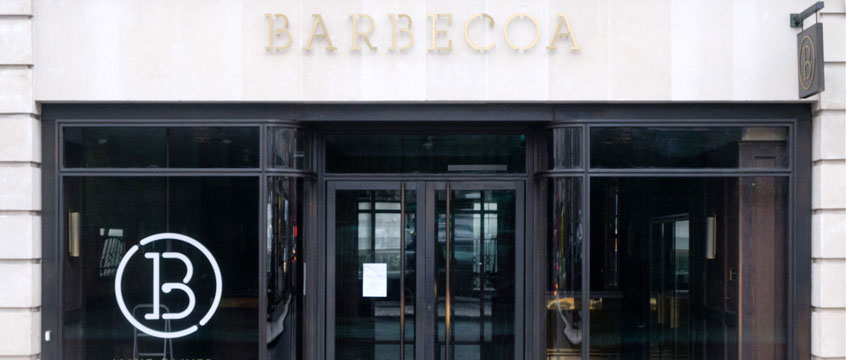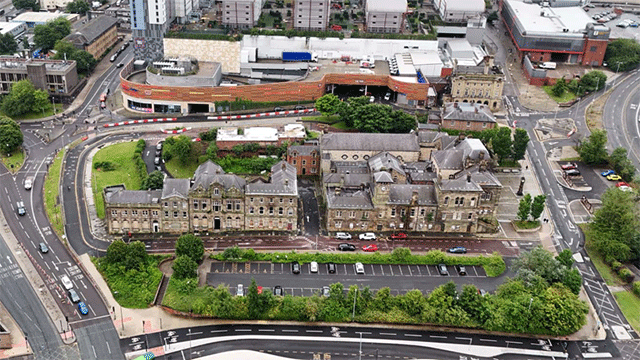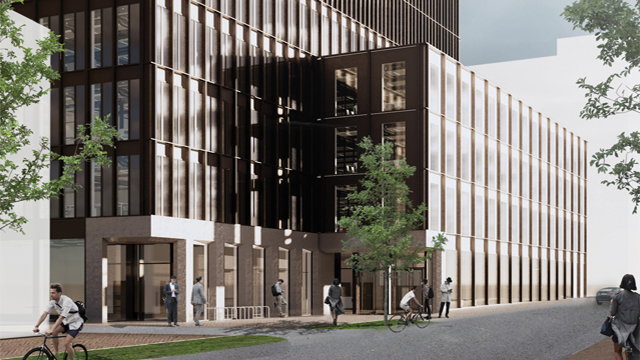The number of restaurants in financial distress has leapt by 143% after the industry recorded 12 company voluntary arrangements in the first quarter of 2018.
This compares with 17 CVAs across the whole of 2017, according to research by law firm Linklaters.
A string of restaurant groups have resorted to CVAs to close outlets this year, including Jamie Oliver’s Barbacoa restaurants, Byron, Carluccio’s and Prezzo.
Richard Hodgson, restructuring and insolvency partner at Linklaters, said that oversaturation in the casual dining sector after rapid expansion was a driving factor of the increase.
Retail in crisis: the story so far
This in turn has been exacerbated by increased food prices, staff costs and business rates.
He added: “The idea is that by launching a CVA, as an emergency option, the company has an opportunity to tackle underlying problems, such as an overrented and inflexible store portfolio and ensure that a sustainable business survives.
“But if some of the root causes aren’t dealt with, it could be a case of delaying the inevitable.”
The dawn of a new era for landlords and restaurant operators?
While CVAs are deployed to help businesses, there is a significant knock-on effect for property companies.
Figures from the Centre for Retail Research show that 23 retailers have so far failed this year, affecting 1,851 stores. This marked a 33% increase compared with the whole of last year.
Simon Price, real estate partner at Linklaters, said: “When used successfully, CVAs can lead to businesses being saved and therefore fewer property vacancies.
“However, their use has become much more widespread and is therefore having a more significant impact on landlords than was maybe originally conceived. As a result, we have seen some resistance and pressure from a number of landlords this year, calling for the government to reform the system.”
To send feedback, e-mail pui-guan.man@egi.co.uk or tweet @PuiGuanM or @estatesgazette











